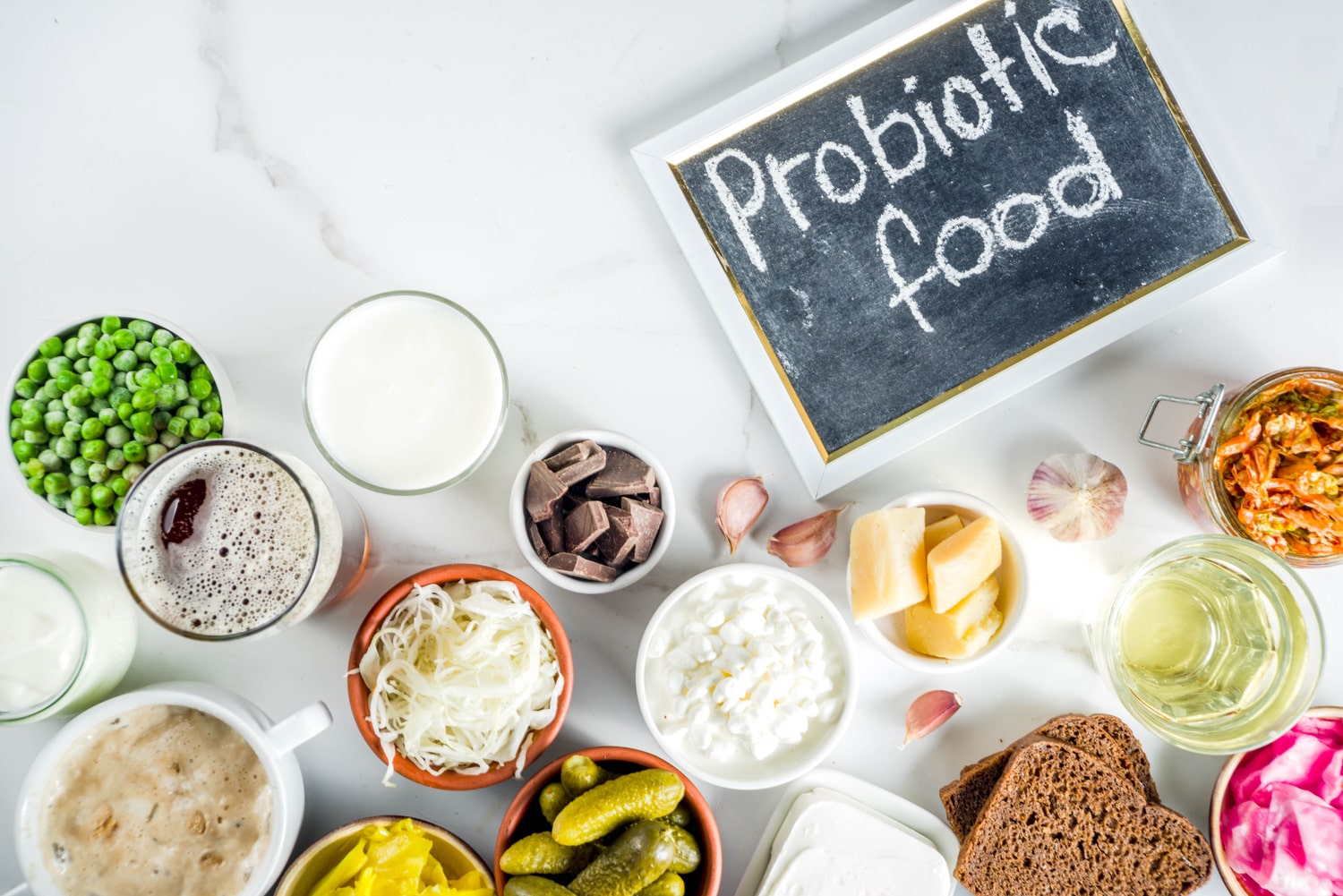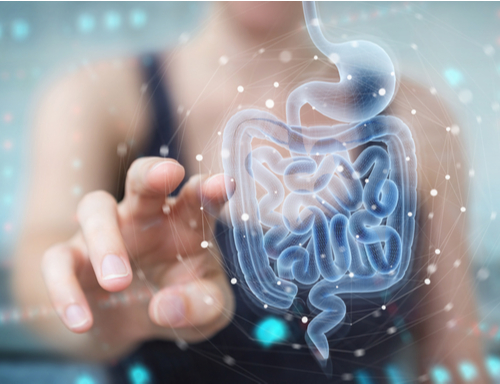Probiotics: 10 000 years on Earth, their full potential is yet to discover
Translated from Latin “probiotic” (probios) means “for life”. It is true: probiotics, introduced into the human body in adequate quantities, have a positive effect on it. Let’s talk about how the story of our exploration into the world of these little bacteria started, and how people discovered their unique properties and turned them to their advantage.

Where did it all begin?
Their history is traced back long before people coined a definition for them. The curious microorganisms had been developing along with the evolution of the human race. Most recent technologies helped to establish that probiotics existed as long as 10000 years ago. According to scientific theories, it all started with dairy products, which, along with water, were transported in animal skins in the Middle East and Central Asia. Hot climates did not promote conditions for long storage, thus, milk and water happened to be fermented (from the Latin fervere – to boil), and the world’s first probiotic, yoghurt, appeared.
In the medieval times, health-promoting and regenerating functions of the probiotics used to be fulfilled by a number of products rich in microorganisms: bread, beer, cheeses and kumis (a fermented dairy product traditionally made from mare’s milk or donkey milk in Central Asian regions). For example, a few centuries ago in Italy, women used to serve a drink made from milk, water and lemon for their men. It was generally believed that it would prevent intestinal infections that could trap people working in dirt and dust. Fermented and pickled foods performed the same functions because they also contained beneficial probiotic bacteria.
Probiotics for ageing and longevity
In the middle of the nineteenth century, the French chemist and microbiologist Louis Pasteur scientifically proved the existence of microorganisms responsible for the fermentation process (the term “pasteurization” – that is, heating food to a temperature where harmful microorganisms die, while useful ones are preserved, arose in his honour). At the beginning of the twentieth century, a 27-year-old Bulgarian physician Stamen Grigorov figured out what causes yoghurt to ferment. The future probiotic got coined as Lactobacillus bulgaricus (from Latin – Bulgarian bacillus), and the doctor’s discovery got in the spotlight attracting the attention of the Nobel laureate Elie Metchnikoff, a Russian scientist working at the Pasteur Institute in Paris. Louis Pasteur identified the microorganisms responsible for the process of fermentation, whereas Metchnikoff tried first to find out the possible effect of these microbes on human health. Metchnikoff was also the first scientist to explore the microorganisms’ properties in regard to their influence on the process of human ageing. Metchnikoff had been collecting the data about people in 36 countries and located the biggest concentration of centenarians in Bulgaria. Specifically, in Bulgaria, rural people were known to regularly consume fermented dairy products (sour milk) containing probiotics. According to Metchnikoff, they counteracted “putrefactive processes in the intestines”, harmful to health. In 1908 Metchnikoff published a scientific work “A few words about sour milk”, which contributed to the development of the production of fermented dairy products in France. The microbiologist himself used fermented milk products until the end of his life.
As of today, probiotics with Bifidobacterium and Lactobacillus genera are among the most studied in clinical trials with elderly populations. They display the potential to restore a healthy microbiota by controlling oxidation and inflammatory processes, which can be beneficial in ameliorating immunosenescence, the risk of infections, and nervous system impairments in older adults.
How they work

Over the past 20 years, few therapies have been as widespread as probiotics. The benefits of probiotics and their effect on human health continue to be studied: in 2019, PubMed registered 792 clinical trials of probiotics, and this year the number of new studies has already exceeded a thousand.
Summarizing the results, we can clearly see: getting into the intestines, probiotics really have a beneficial effect on its microflora, and help a person to become healthier. The most compelling evidence is found in the prevention and treatment of five diseases: necrotizing enterocolitis, acute infectious diarrhoea, respiratory tract infections, antibiotic-associated diarrhoea, and infant colic. Probiotics enhance the barrier function of the intestinal mucosa, and in addition, have a positive effect on the functioning of the central nervous system.
A growing body of scientific evidence suggests that you can treat and even prevent some illnesses with foods and supplements containing certain kinds of live bacteria Scientists are optimistic: upcoming research is expected to show that probiotics help not only cure but also alleviate the course of diseases that cannot be avoided, such as upper respiratory tract infections. Up till then, it is safe to rely on the results of a study “The role of probiotics and prebiotics in the prevention of infections “ that has proved probiotics to be capable of reducing symptoms of infectious diseases and shortening the course of the disease. On top of that, children who use probiotic supplements are 25% less likely to miss school due to illness.
Treatment with probiotics is best done under the supervision of a professional physician; they will help determine what exactly you need and add prebiotics to probiotics – “food” for probiotics, that is, what stimulates the growth and activity of our microflora.
They are available in tablets, drops, or powders. Be sure the ingredients are clearly marked on the label and familiar to you or your health provider. Probiotics can also be consumed in “natural” form: for example, by adding miso soup, kombucha or kimchi to your diet. It’s also delicious!
Learn more about FACTS
What to learn more? Read here:





